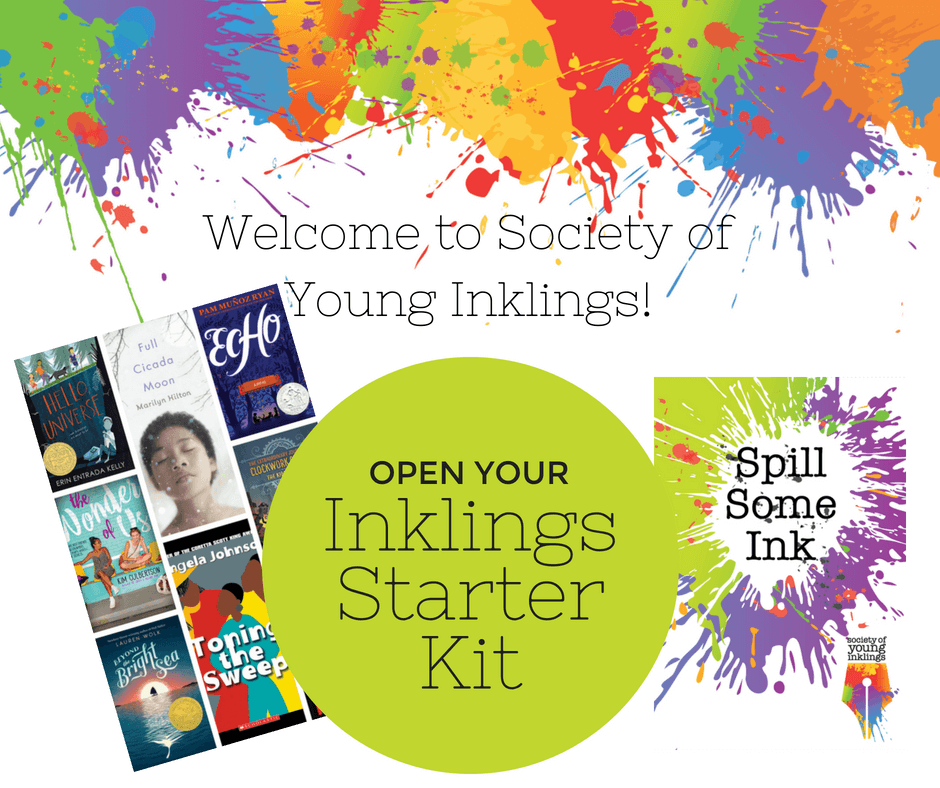July’s Ink Splat author interview features Ashley Walker and Maureen Charles. We discussed their recent collaborative work, Music Mavens: 15 Women of Note in the Industry, which celebrates so many women who have made their mark in the creative music industry.
In the interview, they share with us the power of collaboration and their experiences working with all of their subjects for the project.
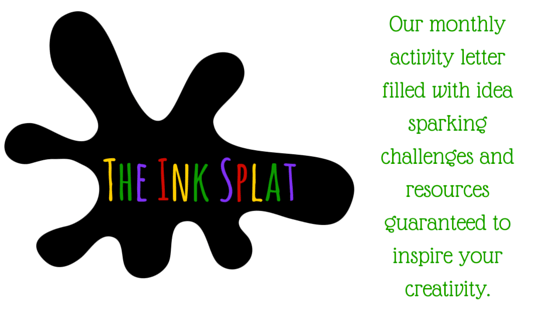
Writing Challenge
Use the Bio-Pyramid below as a guide for researching the experiences of a person (contemporary or historical) whose story you’d like to write. Fill in the six lines with specific details about your subject’s life.
Line 1: Subject’s name.
Line 2: Two words describing the person.
Line 3: Three words describing the person’s childhood.
Line 4: Four words describing a problem they have had to overcome.
Line 5: Five words describing the person’s greatest accomplishment.
Line 6: Six words describing how the person’s contributions have benefited the world (or a family or a community).
The Bio-Pyramid
1.___________
2. __________ ___________
3. ___________ ___________ ___________
4. ___________ ___________ ___________ ___________
5. ___________ ___________ ___________ ___________ ___________
6. ___________ ___________ ___________ ___________ ___________ ___________
The Bio-Pyramid, a research tool for biography writing, was developed for the Music Mavens Educator Guide by author/educator Debbie Gonzales. Using the information gathered above, draft a true story showing your subject overcoming obstacles to reach their goal. Then, submit your writing challenge.
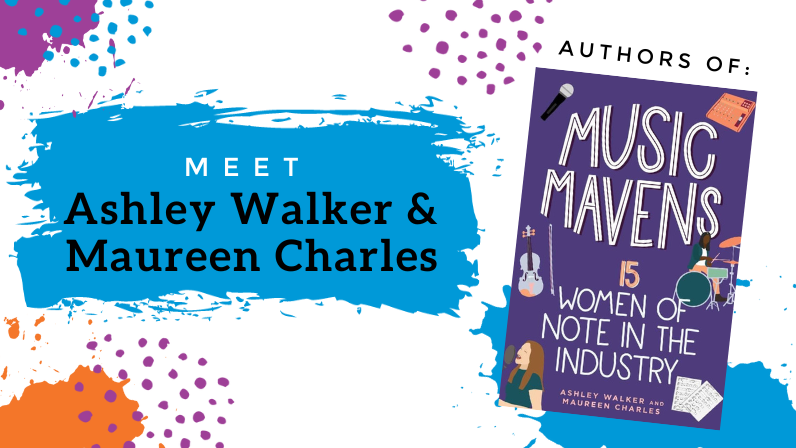
What would you offer young writers who want to consider a collaborative writing relationship?
Here are four rules you can follow in every collaboration:
#1: Don’t be attached to your amazing ideas or your precious writing. Beyond your ideas and their ideas lie shared ideas. They’re always better than anything anyone comes up with individually. Brainstorm and discuss. Something great always emerges.
#2: Try on all suggestions for improvement. This one comes from award-winning children’s author/illustrator Eugene Yelchin (Breaking Stalin’s Nose, The Assassination of Brangwain Spurge [with MT Anderson], The Genius Under the Table), who said he takes the time to try all suggested changes, which is a lot of work for an illustrator. If he can do it, we can do it. When your partner suggests a revision, test it out.
#3: Listen for upsets you might have caused and take responsibility fast. The minute you notice your collaborator pulling back or looking like they aren’t sure how to tell you something, check-in. Give them room to communicate. Look for what you can change going forward without defending yourself.
#4: Own all of it. The book, the class project, the parade poster––whatever you’re collaborating on––operate like it’s 100% yours and 100% theirs. When you both own it completely, you’ll resolve problems together and take equal credit for the wins. And the project will be better for it.
What is the most challenging part of your creative process?
With Music Mavens, the biggest pre-writing challenge was casting—coming up with the right mix of artists. We wanted a diverse, international cast from every corner of the music industry AND we were required to interview each music maven. So, we spent many months casting and recasting our list as potential subjects accepted or declined interview requests.
At the writing stage, we grappled with word count. The information we collected during research, combined with long interview transcripts, resulted in far more material than we could include in any chapter. We had to cut many charming-and-never-before-reported details in our search for the essential narrative of each chapter. But the word count limitation was also a gift. It kept our storytelling tight and on track. Again and again, we asked ourselves: What is central to this story? What is interesting but unnecessary? And the biggie: How can I write leaner without losing emotional resonance?
What piece of guidance would you offer young writers who might like to explore songwriting?
Singer-Songwriter Kate Schutt is one of our music mavens, and we’ve soaked up a lot of songwriting tips from her. Two that apply to all writers, whether you write songs, stories, poetry, or nonfiction, are:1. Write whole songs. Kate defines a whole song as one with at least two verses, a chorus, and a bridge if the song needs one. She says it makes a huge difference to finish writing a song, even if it’s a bad one. You have to get the bad stuff out of your brain to get to the good stuff.
2. Be Playful. Kate says: “When you approach your work as an experiment and are playful with it, you’ll write better songs.” She gives Esther Dean, who creates hooks (catchy choruses) for superstar artists like Rihanna, Nicki Minaj, and David Guetta, as an example. Esther’s creative process is free-form and often relies on nonsense words.
Maureen, who has co-written lyrics with her music composer husband, adds:
1. Study poetry. The best songwriters I know – including Kate Schutt – mastered rhythm, meter, and rhyme as poets.
2. Type up lyrics to songs you love; type up lyrics to songs you hate. Figure out why you love or hate them.
3. Listen to a lot of different arrangements of a song that’s been covered by many recording artists. Which styles move you? Which don’t? Why?
4. Musicians: Learn music theory.
5. Not a musician? Find a great musician to collaborate with. The history of Tony-winning musicals and Grammy-winning albums is full of composer + lyricist duos.
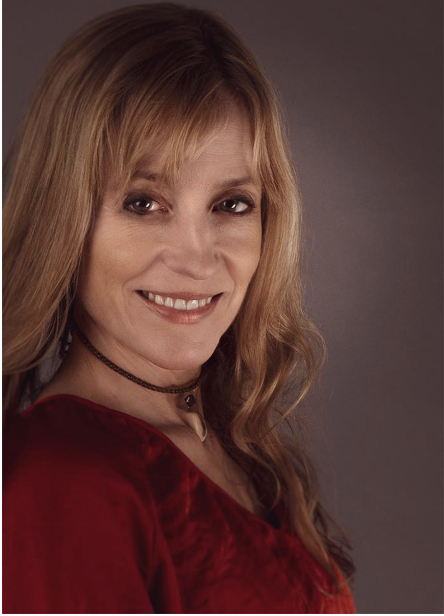
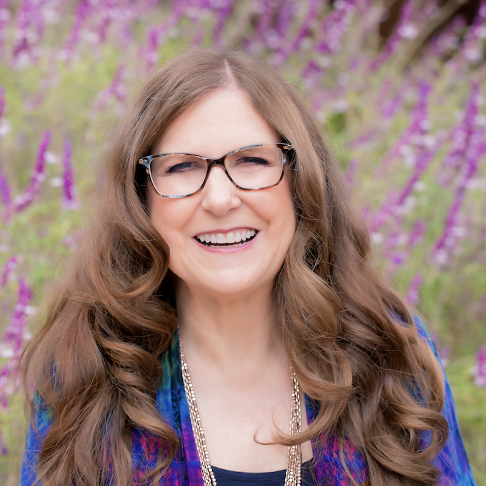
A special thank you to Ashley Walker and Maureen Charles for sharing with us!
Ashley Walker is an author, educator, and amateur musician. She holds degrees in mechanical engineering and artificial intelligence, and she recently graduated from the MFA program in Writing for Children and Young Adults at Vermont College of Fine Arts, where she was a three-time award winner. Ashley is active in the kid-lit community through organizations such as the Society of Children’s Book Writers and Illustrators, and she enjoys mentoring youth in Bay Area science and art programs.
For more information, visit Ashley’s website: www.ashleywalkerbooks.com.
Maureen Charles has an MFA in writing for children and young adults from Vermont College of Fine Arts and has worked as a writer, editor, and writing coach for 14+ years. A lifelong lover of music and musicians, she sings, plays guitar and ukulele, and was married for 24 years to the late Jon Charles, an arranger, orchestrator, and composer of television and film music. She lives in Pasadena, California, where she shares an office with three feisty felines.
For more information, please visit:
www.maureencharles.com
www.musicmavensbook.com
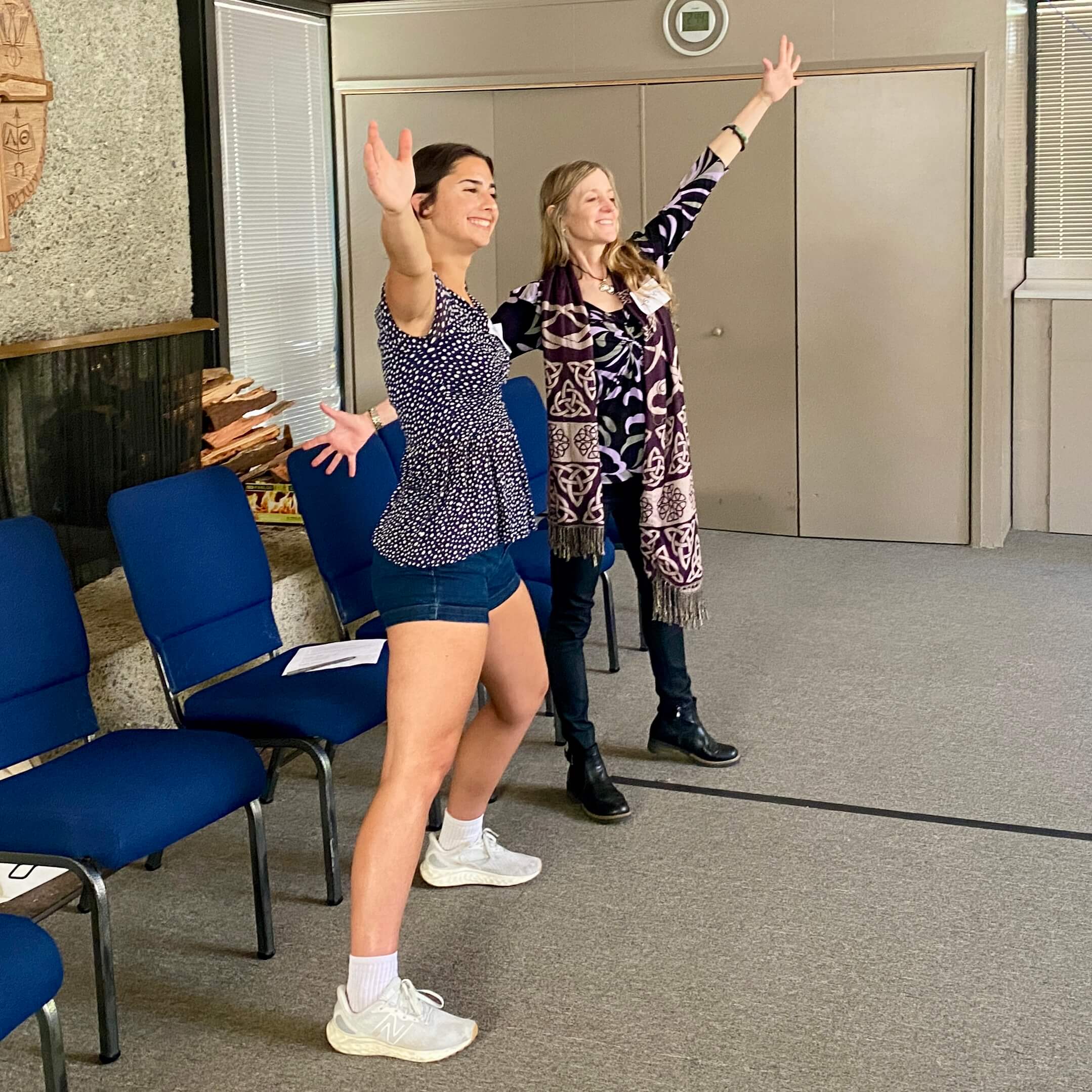
INKLINGS CONNECT
THE WAY WORDS MOVE US
Join us September 13 and 14 in Portola Valley, CA for our 2nd Annual Inklings Conference!
Featuring a keynote with author Joanna Ho, this conference includes creative writing breakout sessions in our beautiful redwood grove, workshops on using improv to step into a character’s shoes, experiments in word play, a storytelling workshop, and reflective writing to tap into your unique voice.
Keep your creativity flowing with our upcoming events!
JULY
- 7/22-25: Make Your Scenes Sparkle Summer Camp
- 7/22: Author Interview with JR Potter (Inklings Membership only)
AUGUST
- 8/6: Author Interview with John Hendrix (Inklings Membership only)
- 8/15: Teen Spilling Ink Writing Workshop (Inklings Membership only)
- 8/26: All Ages Spilling Ink Writing Workshop (Inklings Membership only)
SEPTEMBER
- 9/3: All Ages Spilling Ink Writing Workshop (Inklings Membership only)
- 9/8: 2024 Inklings Book Release Party (Online)
- 9/13-14: The Way Words Move Us Writing Conference in Portola Valley, CA
- 9/19: Teen Spilling Ink Writing Workshop (Inklings Membership only)
- 9/23: Author Interview with Roshani Chokshi (Inklings Membership only)
SPARK YOUR CREATIVITY!
